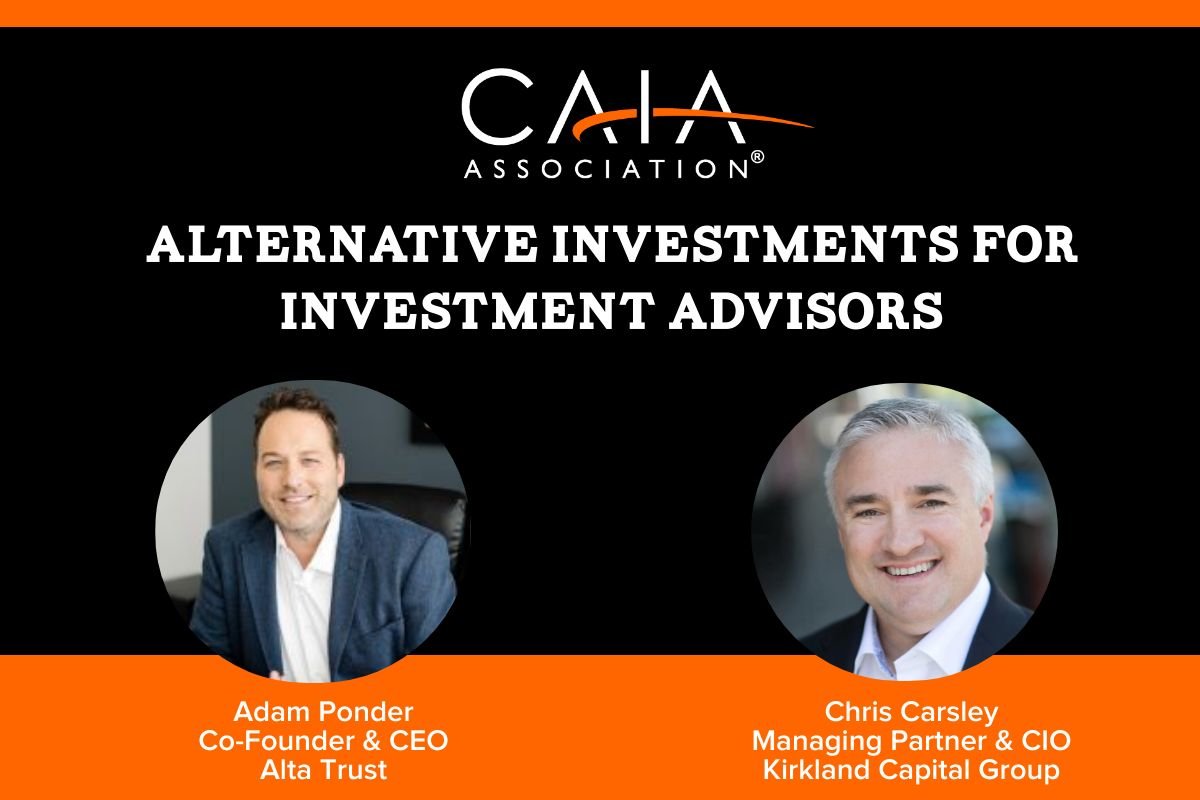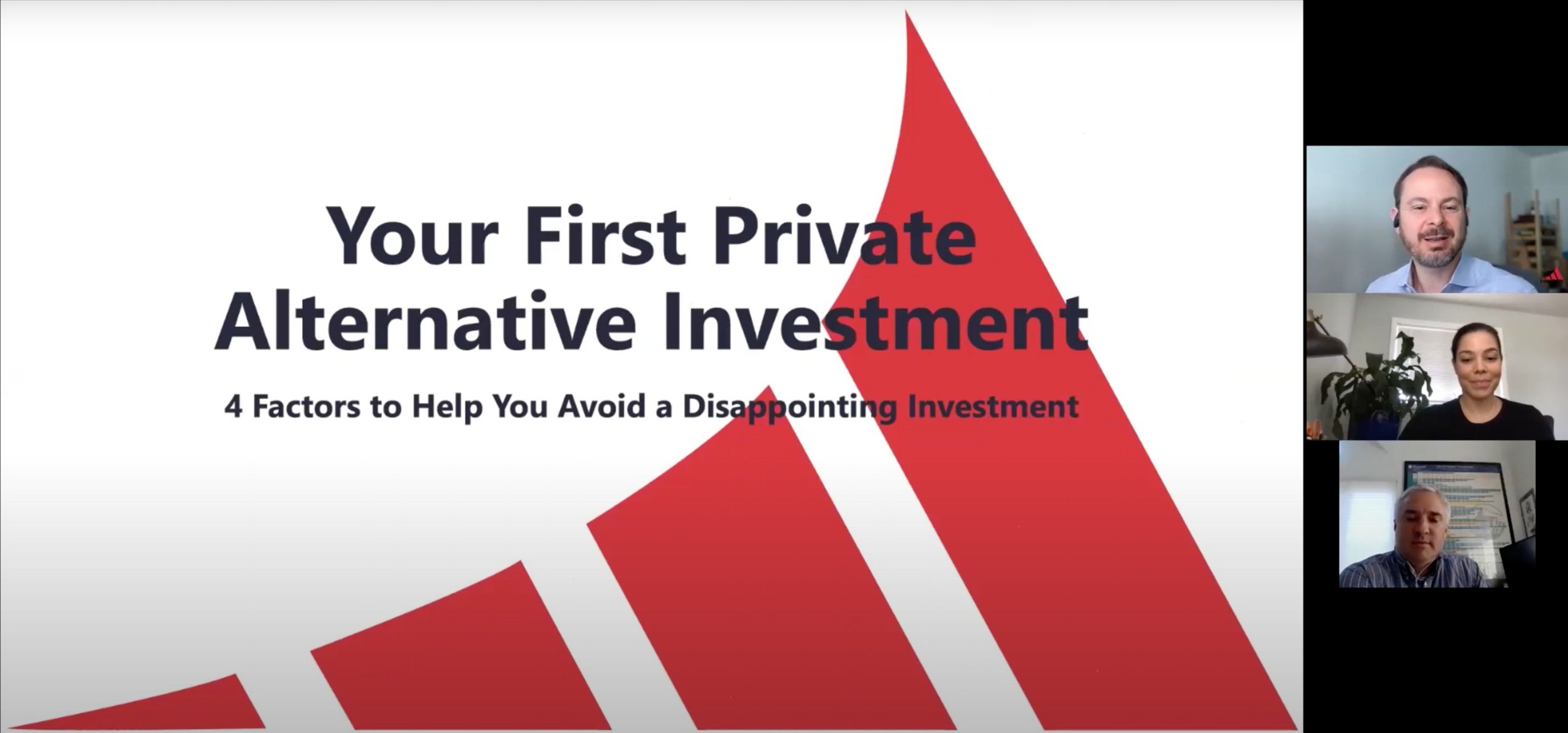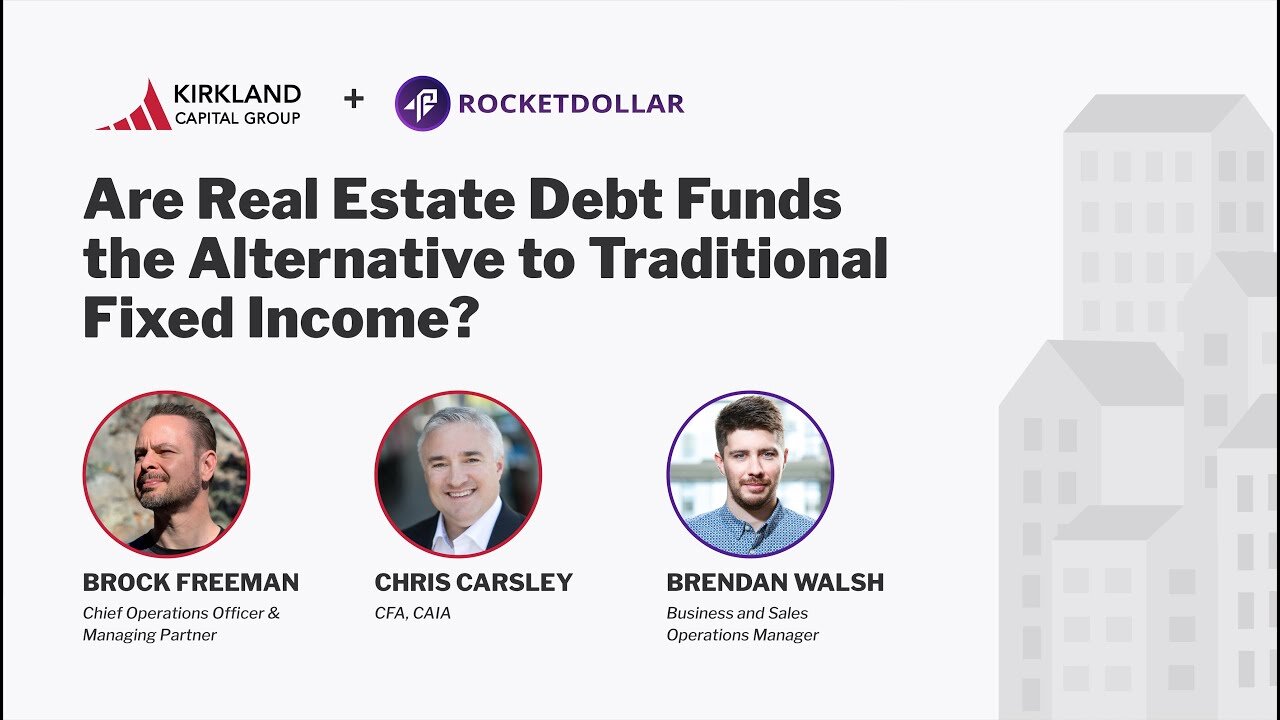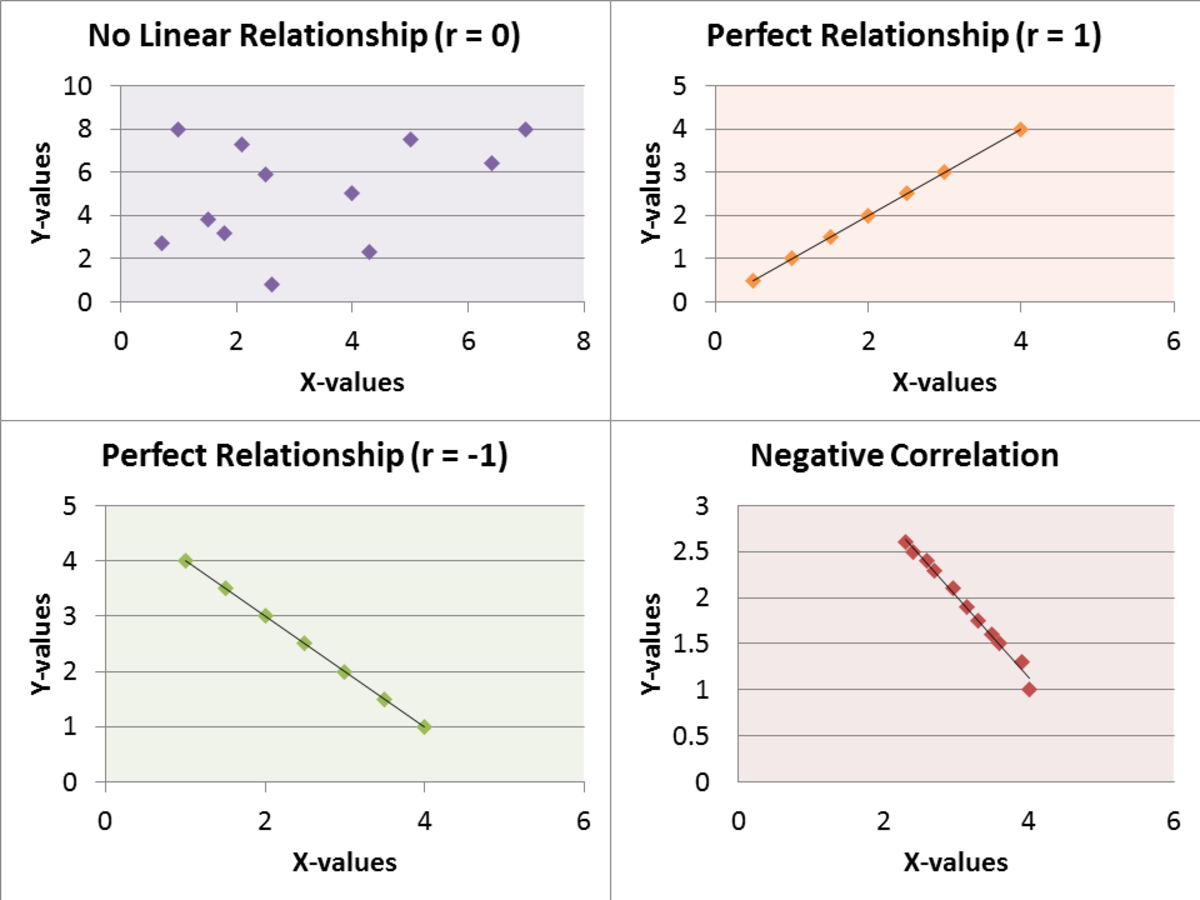
The latest.
Topic
- 1031 Exchange 1
- 401k 1
- Accounting 1
- Accredited Investors 3
- Active Real Estate Investment 5
- Alpha 2
- Alternative Investements 10
- Alternative Investment 1
- Alternative Investment Fund 2
- Alternative Investments 50
- Altigo 1
- Alto IRA 1
- Artificial Intelligence 1
- Auditors 1
- Background Checks 1
- Banking Collapse 1
- Bankruptcy 1
- Bar 1
- Bitcoin 1
- Blue Vault 1
- Bonds 7
- Bridge Loan 8
- Broker‑Dealer Standards 1
- CAASA 1
- CAIA 5
- CMBS 1
- Canopy Phoenix 1
- Capital Gains 1
- Commercial Real Estate 25
- Concreit 1
- Correlation 3
- Counterparties 1
- Credit Crunch 1
- CrowdStreet 2
- Cryptocurrency 1
- Debt Cliff 1
- Debt Structure 1
- Digital Assets 1
- Diversification 2
- Due Diligence 25
- Due Diligence Checklist 1
- Edge 2
- Education 14
- Emerging Managers 1
- Equity 3
- Ethereum 1
- Family Office 2
- Fed 1
- Finance 1
- Fixed Income 9
Access Our Exclusive Investment Insights.

Real Estate Markets Series: What are Primary, Secondary, and Tertiary Markets
Real estate markets are categorized by the size of the population within a geographic area, as well as the availability of housing, economic activity, and job opportunities. In this series, we will explore what is considered primary, secondary, and tertiary real estate markets, as well as some of the risks and opportunities of each. We will even touch on rural markets.

The Importance of Valuations for Alternative Investments
Kirkland Capital Group Chief Investment Officer Chris Carsley’s paper, The Importance of Valuations for Alternative Investments, was published in the prestigious CAIA Blog, Portfolio for the Future. This paper provides important and accessible, education to investors on How is the Accuracy of Investment Valuations Important? Fair Value Measurement and Valuation Best Practices.

Alternative Investments for Investment Advisors
Hosted by CAIA Seattle, Adam Ponder, Co-Founder and CEO of Alta Trust discusses the alternative investments for investment advisors with Chris Carsley - CFA, CAIA, Chief Investment Officer & Managing Partner at Kirkland Capital Group.

Alternative Investments: Investment Allocations 5 Questions to Ask
Kirkland Capital Group Chief Investment Officer Chris Carsley’s paper, Alternative Investments: Due Diligence Red Flags, was published in the prestigious CAIA Blog, Portfolio for the Future. This paper provides important, and accessible, education to investors on how to identify and vet certain red flags during the pre-investment due diligence process.

Alternative Investments: Due Diligence Red Flags
Kirkland Capital Group Chief Investment Officer Chris Carsley’s paper, Alternative Investments: Due Diligence Red Flags, was published in the prestigious CAIA Blog, Portfolio for the Future. This paper provides important, and accessible, education to investors on how to identify and vet certain red flags during the pre-investment due diligence process.

4 Factors to Help You Avoid a Disappointing Private Alternative Investment
Private alternative investments are a powerful way to build your wealth. However, like other powerful tools there is risk if the user manual is not read, and the proper precautions are not taken before using. Understanding how to look at the selection of tools available, assess, and select the right one for your need is critical. Good ones build and protect your wealth more efficiently; the wrong one can do much harm to your wealth (and even your health).
In this webinar hosted by Verivest, alternative fund expert Chris Carsley and his partner at Kirkland Capital Group, Brock Freeman, walk through four important areas to equip you in assessing a private alternative investment fund. The documents (the fund’s “user manual”), fees (what will you be charged), fund operation risk (can hackers steal your money), and transparency (or do you know what your fund manager is really doing with your money).

3 Ways the Rich Get Richer with Private Alternative Investments, and How You Can Too
As a newly qualified accredited investor, you may be asking yourself “what is the next step for my investment portfolio?”
Let’s look at two university classmates, Annie and Tom, who have had similar successful tech industry roles, similar household income, and comparable living costs. It’s now the future and both are turning 50 this year. Annie is, along with her spouse, retiring this year as they have enough income from investments to replace the income from their jobs; they are financially independent. Tom and his spouse, on the other hand, are making standard progress in their retirement investments, but are years away from having enough investment income to retire.

CAIA Webcast: Private Credit and Why it’s a Safe Harbor in Tumultuous Times
Hosted by CAIA Seattle and CAIA San Francisco, this panel discussion explored how the impact of COVID-19 on the global economy has affected the opportunity set across the private credit landscape. It discussed how private credit strategies, including private real estate debt, have navigated the current environment and the impact experienced with deal flow, yield expectations, and perceived investment safety. The panel also explored why private credit as an asset class can still offer a safe harbor even in these tumultuous times and their post-COVID outlook for continued investment opportunities. Speakers represent the views of allocators to private credit as well as those actively managing debt portfolios.

8 Factors to Determine If an Investment Fund Manager Is Putting Investors First
Lots of managers say, "Investor First," but it is only when you dig into the fund documentation and really spend time understanding the management team, fees, and fund details can you better assess if this is the case. Regardless of the investment platform, here are eight factors for investors to consider when reviewing fund managers to see if they are putting investors first.

Are Real Estate Debt Funds a Replacement for Bonds?
In this live online interview Chris Carsley and Brock Freeman talk with Brandon Walsh at Rocket Dollar about alternative investments, the death of the sixty forty or at least the lower interest rate bond market's impact on the low-risk part of your investment portfolio, what to look for risk-wise when exploring private investment funds, what we have done to lower operational risk and be transparent with our Kirkland Income Fund, and much more.

Is the 60/40 Investment Portfolio Dead?
Many experts now believe that the 60/40 portfolio is no longer an investment strategy that generates the best growth profits, but there is an alternative.

Correlation and the Impact on an Investment Portfolio
How do I know if my investments or the ones I intend to include to my portfolio would help diversification? It is simple – understand the relationship between the investments.

The Solo 401k Plan – The Power to Invest in Commercial Real Estate Equity and Debt
The Solo 401k Retirement Plan offers powerful advantages for real estate investors. A Solo 401k Plan (also known as Individual 401k) is an IRS-approved Qualified Retirement Plan that has been simplified for the self-employed and those who own a small business. The structure of the plan gives participants more options than a conventional 401k. The Solo 401k’s unlimited investment capability, loan feature, and tax benefits make it the perfect vehicle for investing in real estate.

When Your 1031 Exchange is in Trouble
When Your 1031 Exchange is in Trouble, don't buy a property you would not buy if you were not under time pressure. There are other Capital Gains Tax Deferral options available to you.
